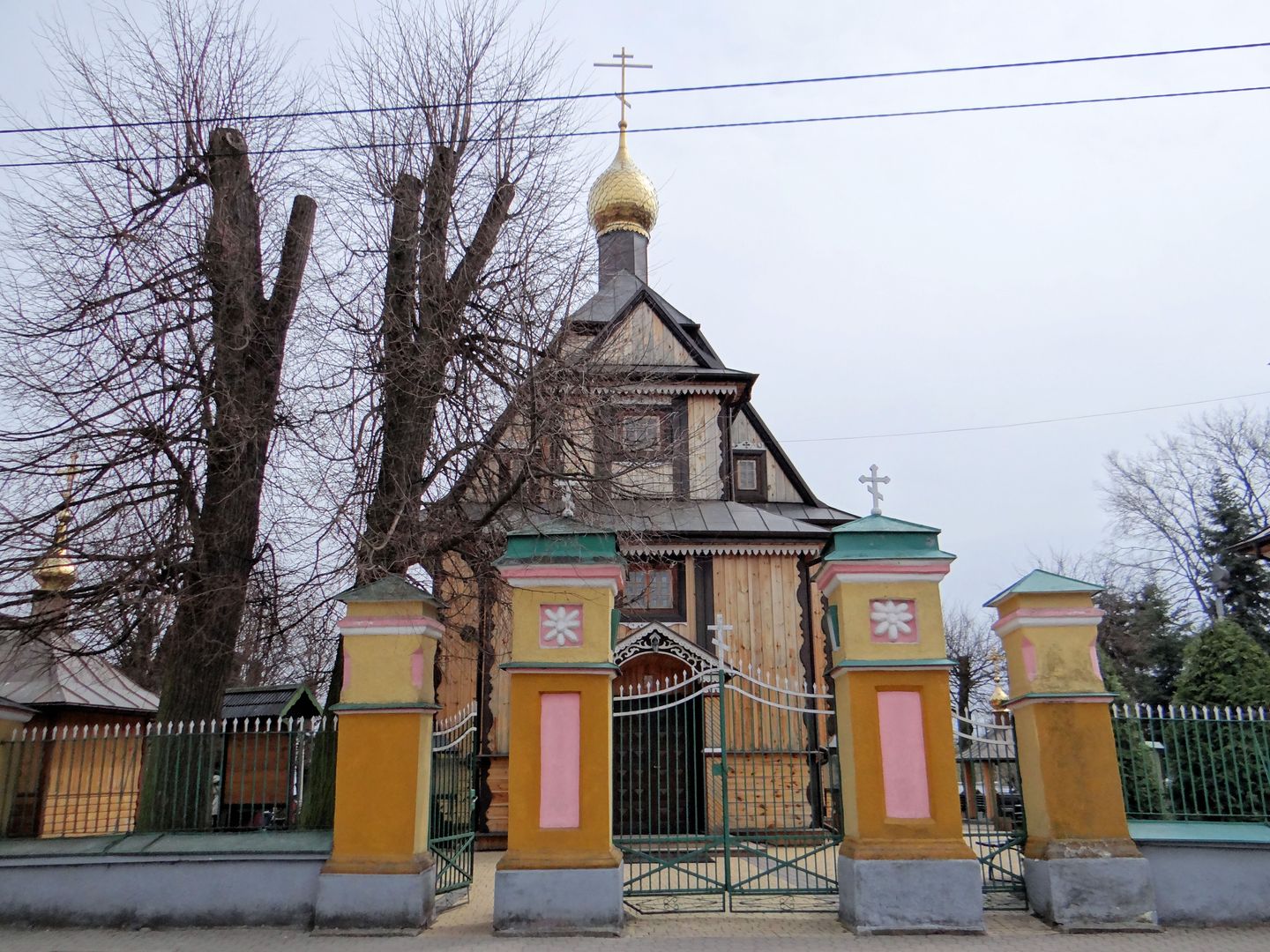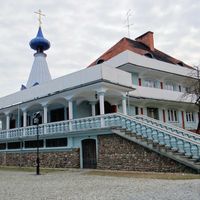Bielsk Podlaski
6.09

Overview
Bielsk Podlaski is a city in Poland, located in the Podlaskie Voivodeship, serving as the seat of the Bielsk County. Known as a royal city, it boasts a rich history dating back to the 2nd century BC, with the first written mention dating from 1253. The city is home to numerous historical monuments, including a medieval stronghold from the 12th century, a late Baroque town hall from the late 18th century, and a complex of the Carmelite church and monastery from 1641. An interesting fact is that Bielsk was once home to the only Post-Secondary Iconographic Study in Poland. The city is an important cultural center, hosting festivals of Belarusian author song and religious music. Bielsk Podlaski is characterized by a diverse population structure, as seen in demographic data indicating the presence of many nationalities, including Poles, Jews, Belarusians, and Russians. Over the centuries, the city has experienced various political and historical upheavals, including partitions and World War II, which influenced its development. Between 1921 and 1939, Bielsk faced the challenges of the interwar period but continued to develop its services and infrastructure. Today, Bielsk Podlaski, with its strong industrial and educational base, is an important point on the regional map, offering diverse cultural institutions, job opportunities, and access to education. The city has established partnerships with twin towns such as Călărași in Moldova and Romania, and Dve Mogili in Bulgaria, demonstrating its openness to international cooperation. Bielsk Podlaski is also a place of diverse religious activity, with representation of many faiths, including Catholicism, Orthodoxy, and Judaism. The city promotes sports activities, with local teams in football and basketball. In 1982, scenes for the film "Znachor" were filmed in Bielsk, highlighting its charm and potential for use in culture and art.
Location
You can also find here:

Museum of Two Nations in Bielsk Podlaski
7.16
Bielsk Podlaski

Church of the Nativity of the Blessed Virgin Mary in Bielsk Podlaski
6.96
Bielsk Podlaski

The Basilica of the Nativity of the Blessed Virgin Mary and St. Nicholas in Bielsk Podlaski
6.76
Bielsk Podlaski

St. Michael the Archangel Church in Bielsk Podlaski
6.42
Bielsk Podlaski
2026 Wizytor | All Rights Reserved